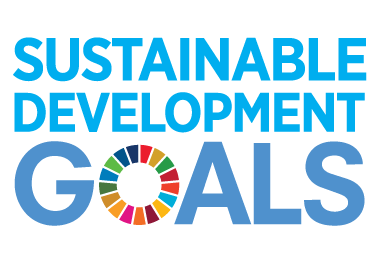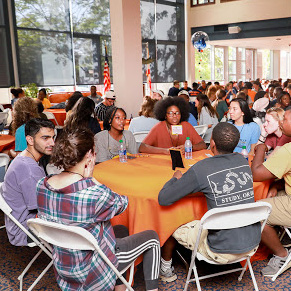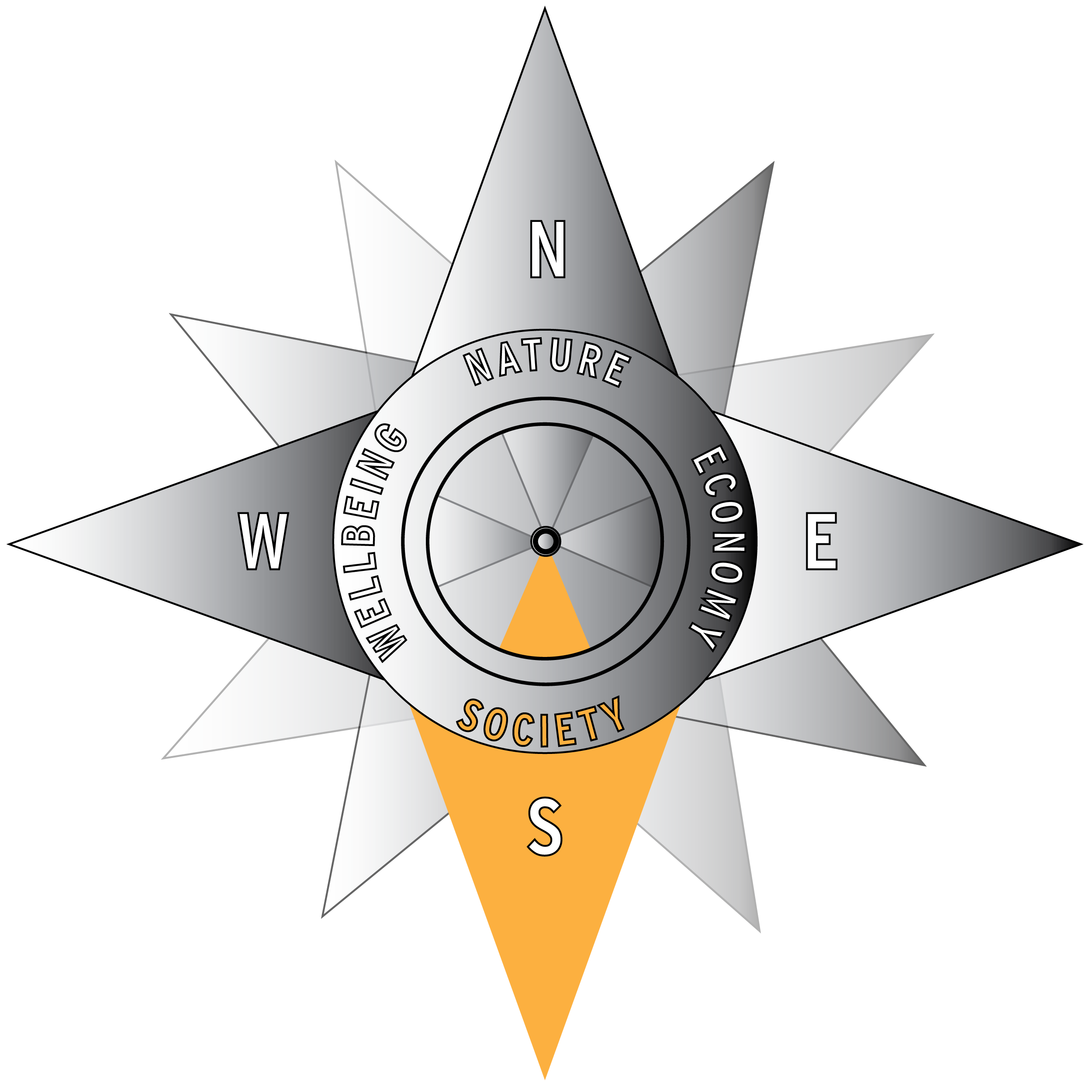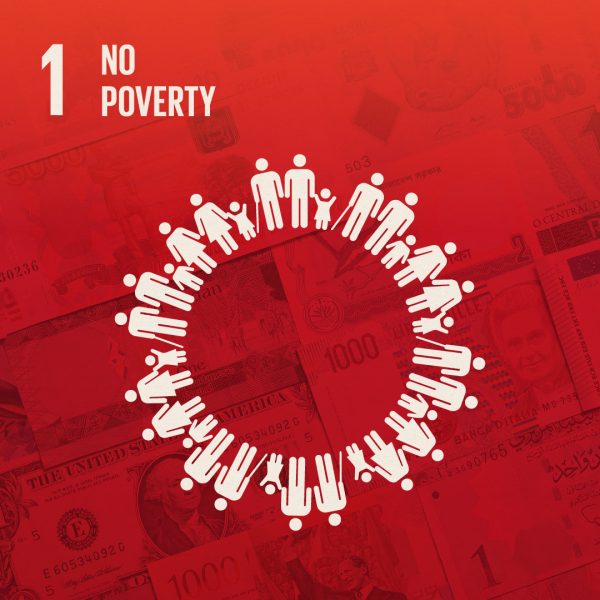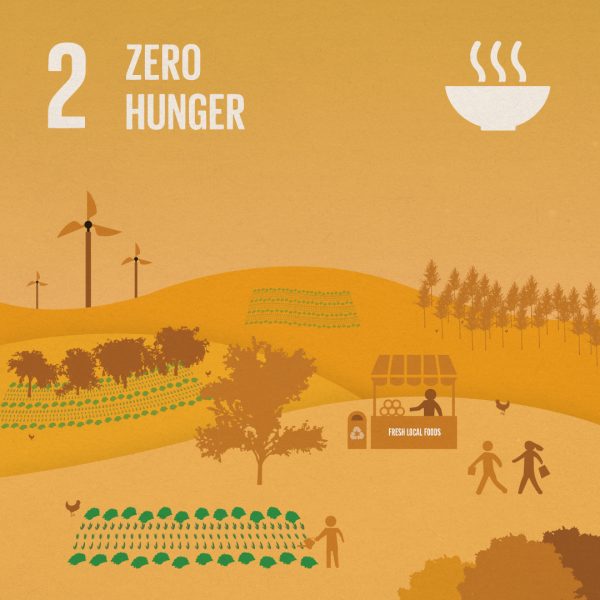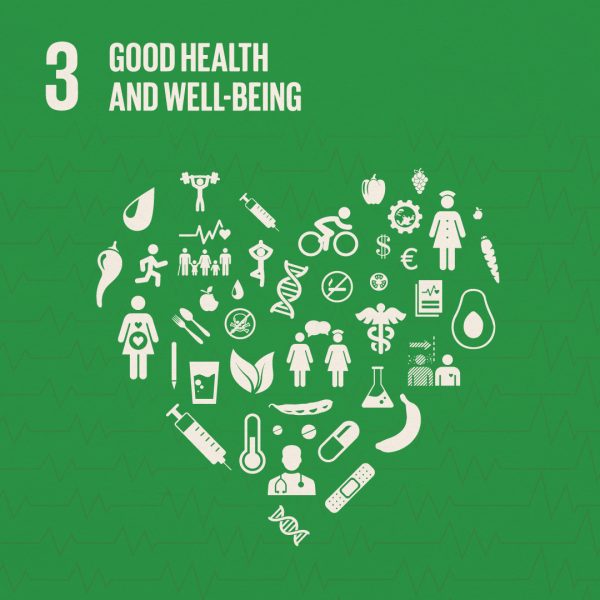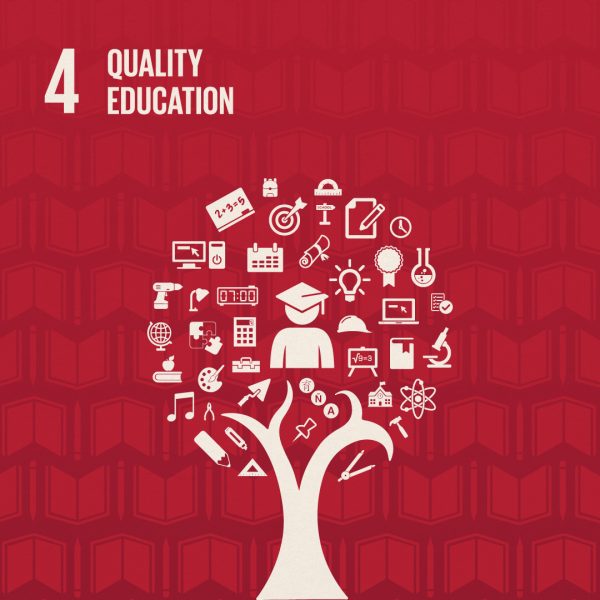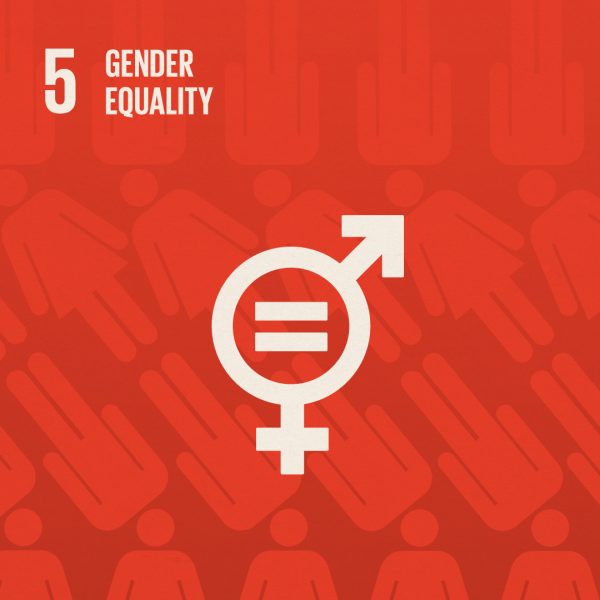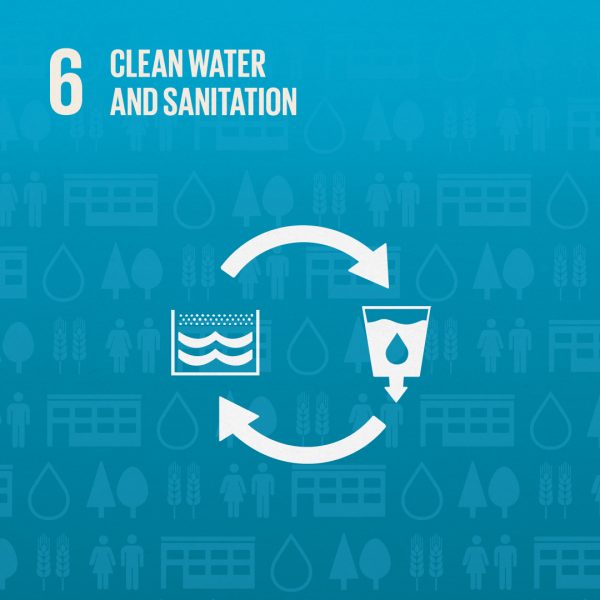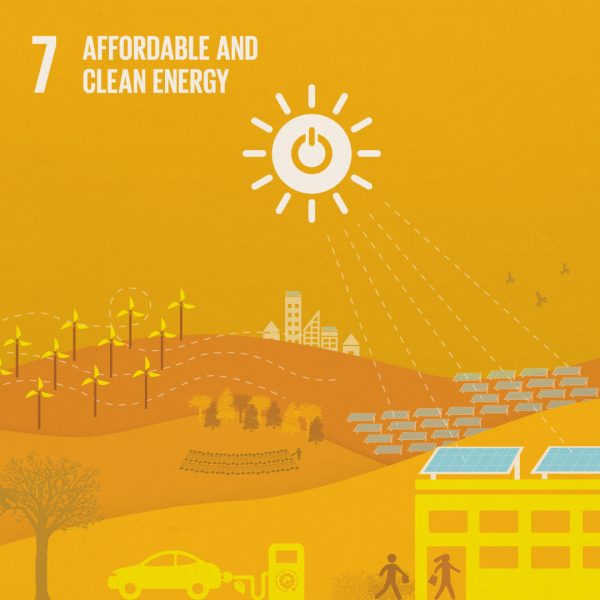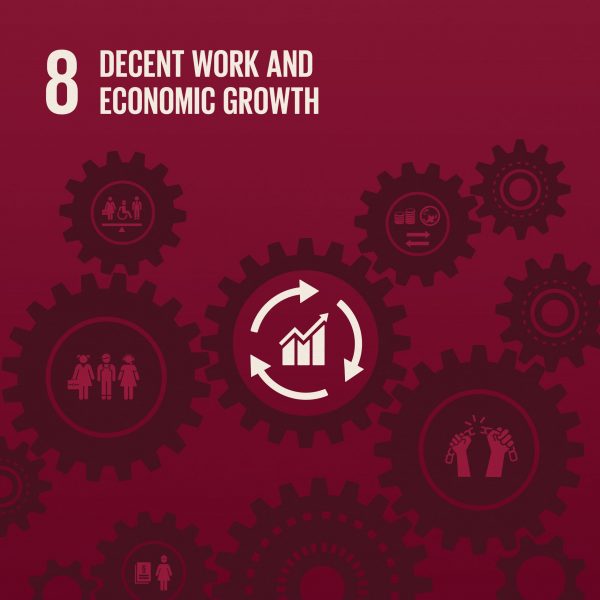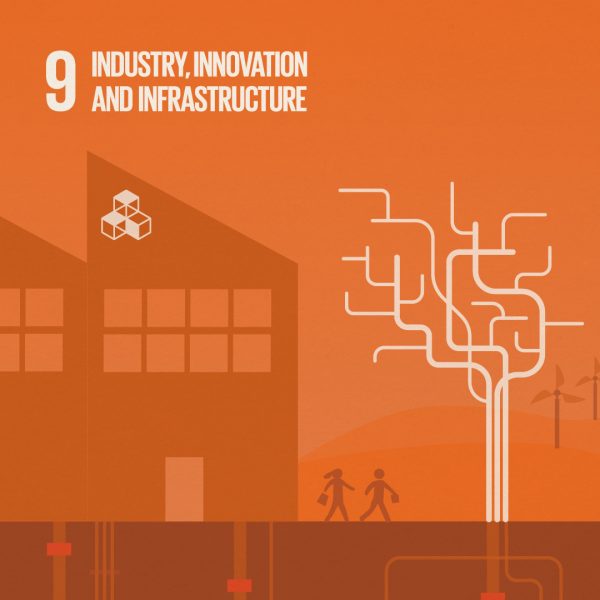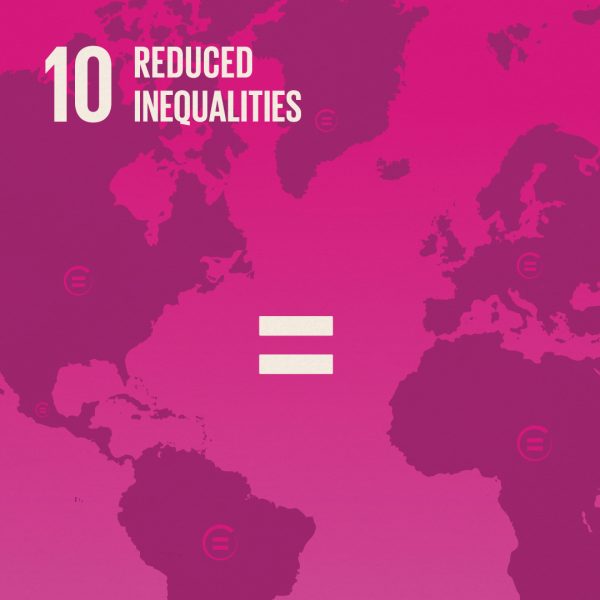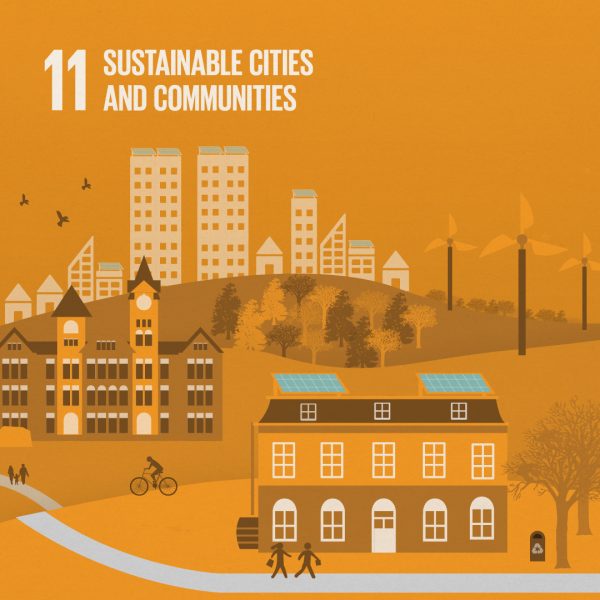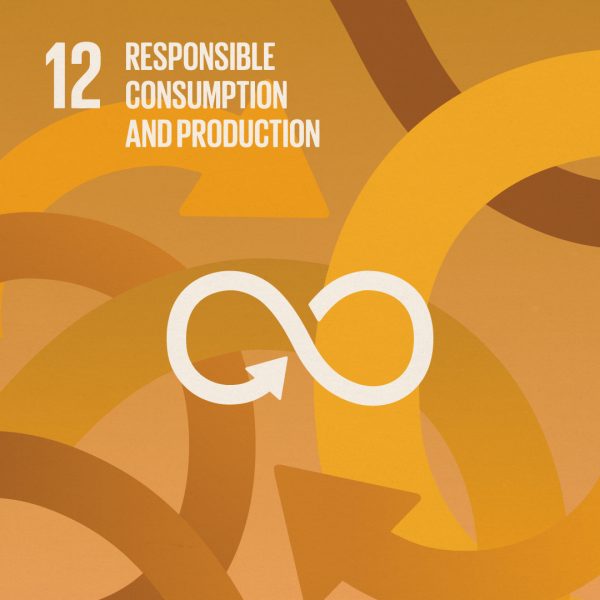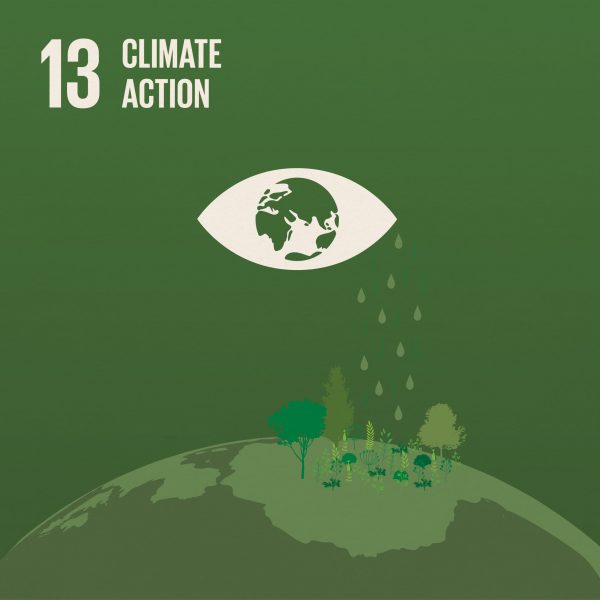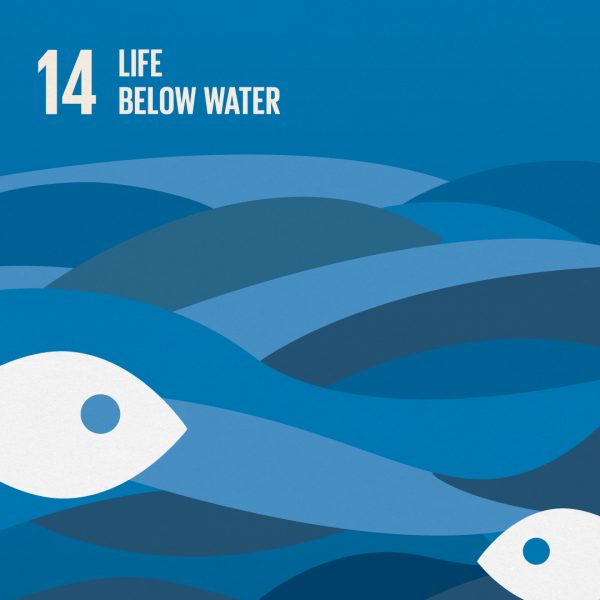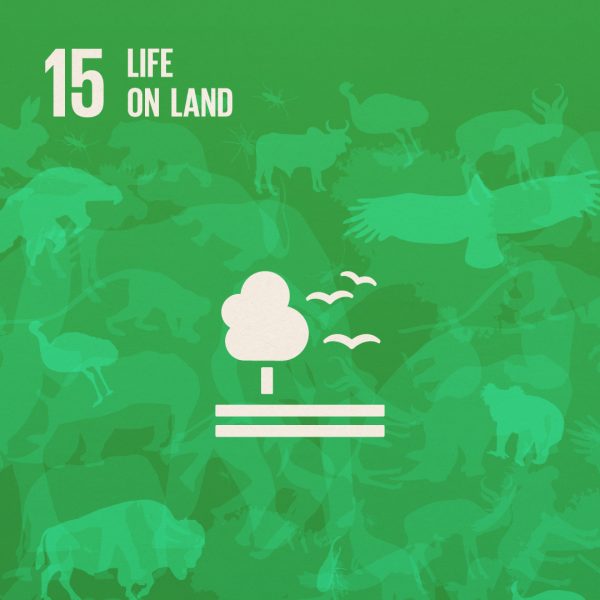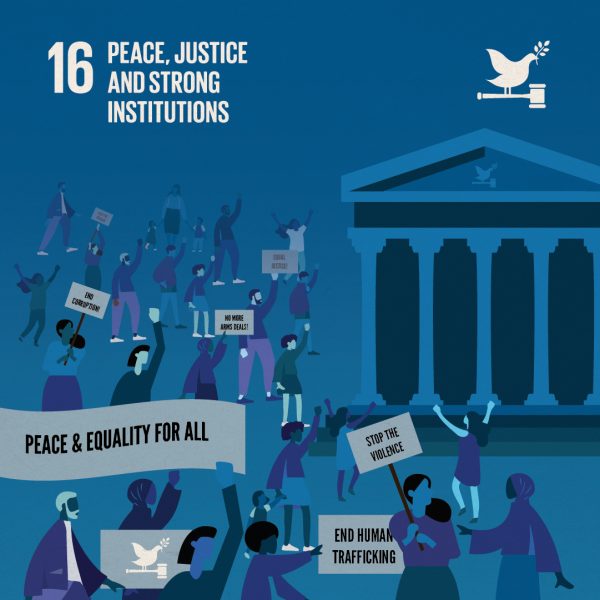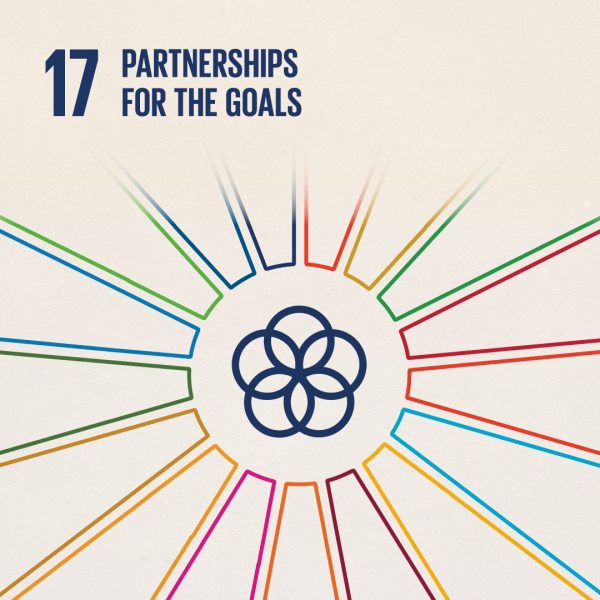“Rats and roaches live by competition under the law of supply and demand; it is the privilege of human beings to live under the laws of justice and mercy.” ~ Wendell Berry Wendell Berry is an icon in the sustainability movement. He is a Kentucky farmer, poet, essayist, novelist, and…
By KA Davis, Social Media Specialist To graduate from Auburn as a Fashion Merchandising student, I am required to do an internship. Since my scholarship was only good for 8 semesters this internship ended up landing on my spring semester of senior year. I have been working for the Auburn…
By Nile Wilson* Fig tree from Nile's back yard. Many childhood memories of the Philippines escape me, but the moments I do remember with vivid detail are those spent surrounded by nature. I spent my early childhood in the family compound owned by my paternal grandparents. Despite its location in…
By Binita Mahato A stroll through Town Creek Park, Auburn AL in Spring 2023 (credit: author) I vividly remember my parents visiting from India last spring. Every weekend, we would stroll in one of the parks in Auburn. For me, this was an everyday activity. For my parents, however, it…
by Ghanashyam Khanal and Nabin Bhandari While about two frenetic weeks of discussions and negotiations on climate change, damage and loss, and climate finance were going on at COP27 in Egypt, a documentary that depicted the impact of climate change on women and children in the Himalayan regions of Nepal…

